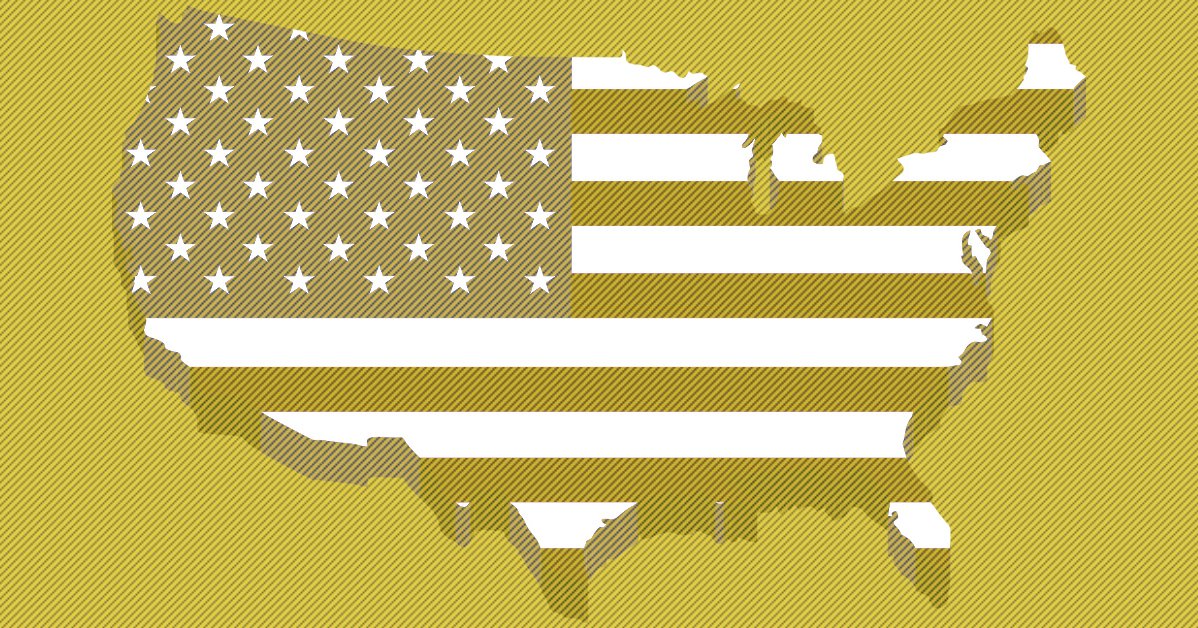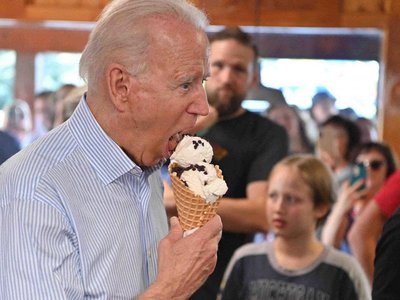By Michael G. Adams
In response to the 2016 election of President Donald J. Trump, liberals are once again scheming to scuttle the Electoral College.[1]
With typical disregard for the Constitution, our radical foes are attempting to skirt the democratic process of amending it by asking state legislatures to give their states’ electoral votes to the candidate that wins the popular vote, regardless of how the state’s citizens voted.[2] Called the National Popular Vote Interstate Compact,this plan “would guarantee the Presidency to the candidate who receives the most popular votes in all 50 states and the District of Columbia.”[3]
Adopting such an unfair, and arguably unconstitutional, plan would encourage voter fraud, destabilize our political system, and dismantle federalism.
First, a pure, national popular vote would make it difficult to isolate and resolve close or disputed election results. Imagine the 2000 presidential election recount in Florida, taken nationwide. This could make it harder to determine a winner quickly, and even encourage voter fraud in every jurisdiction that could influence the result of a presidential election – that is, in every jurisdiction in America.
Second, the National Popular Vote Interstate Compact could lead to a more radicalized political system by encouraging and empowering third parties, including extremist groups.[4] If a candidate needs only a third of the vote or a quarter of the vote rather than half the vote to win, America will begin to look more like European countries, with their multiparty, unstable governments. By empowering more extreme parties, the National Popular Vote Interstate Compact could escalate political conflict and derail necessary cooperation and compromise.[5]
Third, it would incentivize candidates to ignore voters in smaller states and rural America. Under a winner-takes-all approach, candidates would target voters in highly populated urban areas and “enthrone urban areas as undisputed kingmakers.”[6] As a result, a president elected under such a plan would likely skew national policies to favor urban interests and ignore rural interests. We elect a president, not a national mayor.
This is not what the Framers of our Constitution, in their wisdom, envisioned.
The Framers designed the Electoral College “to focus our political battles into state-by-state contests for the most votes,” as well as serve as a basic institution to give structure to American politics.[7] Their intent was not to “undermine the popular will, but to keep it from being distorted by a president who mistook popular election as a mandate for dictatorship.”[8] The Electoral College enables our country to maintain political balance—nudging presidential candidates to work across both geographical and ideological lines.[9]
To ensure our elections remain fair – and representative – we must preserve our Founder’s constitutional vision and keep the Electoral College in place.
[1]Why Do Democrats Want to Dump the Electoral College, Fox News, Sept. 12, 2016, available at: http://www.foxnews.com/opinion/2017/09/12/why-do-democrats-want-to-dump-electoral-college.html.
[2] Gary Gregg, Electoral College Keeps Elections Fair, Politico, Dec. 5, 2012, http://www.politico.com/story/2012/12/keep-electoral-college-for-fair-presidential-votes-084651
[3] National Popular Vote, http://www.nationalpopularvote.com/written-explanation.
[4]Why Do We Have An Electoral College, Gary Gregg, Nov. 10, 2016 http://www.theimaginativeconservative.org/2016/11/why-we-have-electoral-college-gary-gregg.html.
[5]Id.
[6]Id.; Policy Primer- National Popular Vote, Center for Competitive Politics, http://www.campaignfreedom.org/wp-content/uploads/2013/12/2016-07-05_Policy-Primer_National-Popular-Vote.pdf.
[7]Id.; Gary Gregg, Why the Electoral College is Good for America, National Review, Oct. 25, 2004, available at: http://www.nationalreview.com/article/212643/electoral-college-good-america-gary-l-gregg.
[8] Allen Guelzo & James Hulme, In Defense of the Electoral College, Washington Post, Nov. 15, 2016, available at: https://www.washingtonpost.com/posteverything/wp/2016/11/15/in-defense-of-the-electoral-college/?utm_term=.4317ad3d04d9.
[9]The Case for the Electoral College, New York Times, Dec. 19, 2000, available at: http://www.nytimes.com/2000/12/19/opinion/the-case-for-the-electoral-college.html?mcubz=3.







